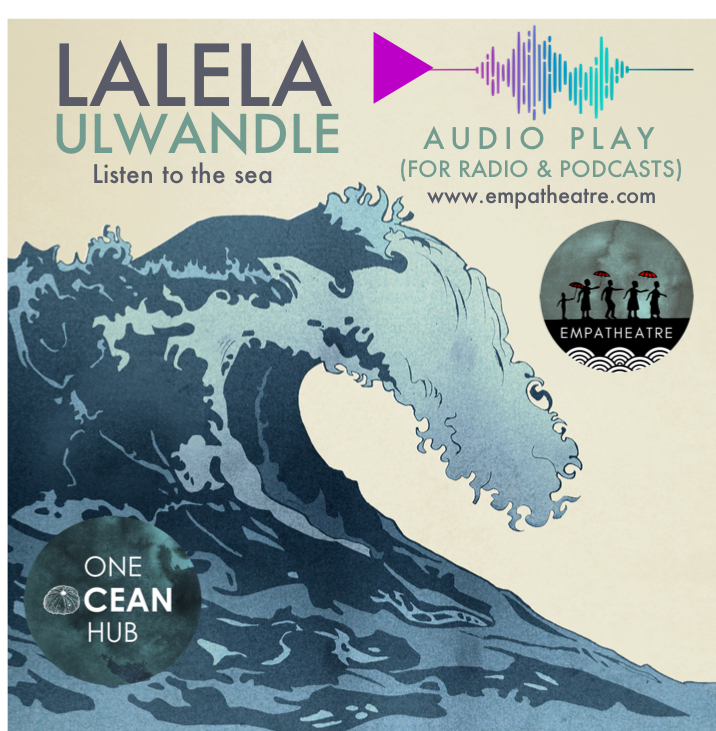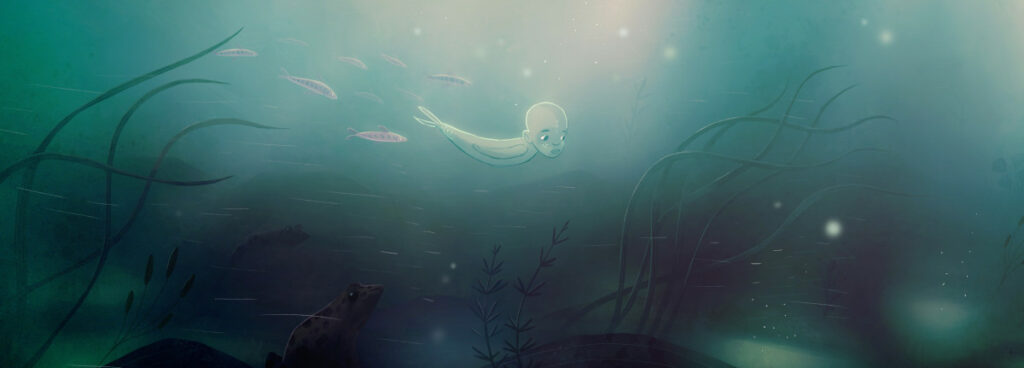Over the past months, researchers across South Africa have been adapting to harsh covid-19 lockdown restrictions, and all of the pressures that brings to Hub researchers having to also become home school teachers, caregivers, and online teachers. Despite these challenges, the Hub team in SA have made some exiting developments and progress towards the Hub’s key goals.
Few examples of the works include:
- Development of inclusive, participatory processes in marine Resource Management, Environmental Impact Assessments and climate change mitigation, supported by a Coastal Justice Watch for sustainable ocean research and development
- Integrated ecosystem-based marine spatial planning.
- Increase deep sea knowledge and research capacity
- Integrated Evidence Base and tools to support sustainable ocean governance, and approaches to improve fisheries compliance.
- An adaptation of the Lalela uLwandle play, into an online radio play scheduled to be broadcast on national and local radio stations next month.
Even though the lockdown has slowed down many processes, there are some positive developments too says South Africa’s country director Bernadette Snow.
“I am particularly excited about The WIO MSP strategy and working with the Department of Mineral and Energy to develop inclusive and sustainable guidelines for coastal and offshore mining”.
Towards participatory processes in ocean Governance: new challenges faced by Covid-19
As Covid-19 continues to lockdown communities globally, the shift to online as ‘the new normal’ has fundamentally changed the status quo for participation in ocean governance processes, and threatens to restrict progress in participatory processes.
As the governance process strives to adapt to current restrictions, the modality for public consultation in, for example Environmental Impact Assessments (EIAs), is shifting from typically face-to-face, to, in some cases, online only. Such a move is likely to exclude many from participating due to lack of access to online platforms or lack of data, language barriers, and accessibility of documentation to marine users from all experiences.
Over the past months, the research Team at Rhodes University (Environmental Learning Research Centre), together with colleagues from the University of Cape Town, have been supporting efforts of coastal users to have greater voice and agency in how their resources and access to ocean space is being governed and responding directly to the impact of COVID on small scale fishers and other coastal users experiences.
Led by Taryn Pereira, Buhle Francis, Jackie Sunde and Anna James, the team are focusing on building the Coastal Justice Watch (a network of civil society, small scale fishing communities, and researchers), which aims to support and build solidarity among small scale fisher representatives, respond to immediate concerns, needs and struggles, and listen to the concerns of SFF in South Africa to understand how best the OOH and CO-I’s can be in service of those concerns.
“The first public podcast from this initiative will focus on the impact of covid-19 on small scale fishers (SSFs) in South Africa and we hope to launch it later this year”, says Dylan McGarry, one of the SA country co-directors.
The team have been working directly with coastal users, especially SSFs, and supporting them under lockdown through facilitating the ‘SSFs WhatsApp group’, which aims to support and build solidarity among SSF representatives, through listening and responding to immediate concerns, needs and struggles of SFF in South Africa.
This direct engagement with SSFs has highlighted the variance in views and values held by SSFs, and navigating these tensions is a key challenge at present. Through this activity, the challenge and need to develop modalities to support and enable fair participation in ocean governance processes has been brought to the fore. Those engaged have highlighted challenges in providing written responses for legal participation of coastal users in decision making when the act of writing/language might be an inappropriate model for fishers to express objections and resistance.
Online consultation processes can be very alienating and insufficient for meaningful consultation and public participation. So, a big question for the South African OOH research team is how are we enabling participation in cultures of officialdom when the current modes of communication are exclusionary.
Empatheatre is a collaborative, documentary theatre process that is being used by the SA team to open up generative dialogue on complex issues and sources of conflicts about the ocean and offer potential methodological innovation in public consultation (just as in Environmental Impact Assessment processes).
Whilst governments and communities adapt to online working, the research team behind Empatheatre have also been busy adapting existing activities for online engagement. These include adapting Empatheatre work, into a radio play version of our first Hub Empatheatre production “Lalela uLwandle”(this has just been completed and can be listened to here) and are planning radio broadcasts of the play, and post show ‘call in discussions’.

As well as this radio play, the team are working on an animation entitled “Indela Yokuphila” (The path of the soul) which brings together the intangible isiZulu heritage of the sea, and the interconnectedness of ecological systems and biomes. A sneak preview of the animation and research behind it can be watched here.

Watch this space for further updates on the animation, radio podcast as well as some exciting publications:
- Building solidarity between researchers and civil society for transformative ocean governance
- Methodological innovation in public engagement through Empatheatre
For more information about our work on participatory processes in ocean governance, please contact Dr Dylan McGarry.
Ecosystem based marine spatial planning (MSP)
An ongoing activity of the Hub in South Africa is to develop ecosystem-based marine spatial planning approaches, using the area of Algoa Bay as a case study. Led by the research team at Nelson Mandela University, work on marine spatial planning has been progressing over recent months, focusing on the development of research on Ocean Accounts Frameworks. The MSP work recently has also included developing a marine spatial planning strategy for the Western Indian Ocean, and working with Department of Minerals and Energy to develop inclusive and sustainable guidelines for coastal and offshore mining.
Deep Sea Research Knowledge and Capacity Strengthening
As covid-19 continues to interrupt fieldwork, the focus of the deep-sea research team in South Africa is on the development of an online database for atlasing of deep water species. This work at the moment is under development with a focus on data from visual surveys- to develop a standard image data set.
Meanwhile the Hub’s first flexible fund project ‘Mzansea: revealing South Africa’s underwater ecosystems’ got underway. Mzansea aims to foster ocean literacy and provide resources for educators, students and decision-makers. The project responds to the need to increase available resources and capacity on marine ecosystems in general and deep-ocean ecosystems in particular within South Africa
This month the Mzansea project inception workshop got underway and the team are developing ecosystem content for children’s education materials.
Normative approaches to improve fisheries compliance
Researchers from fisheries science and law have just began a new collaboration on legal tensions between small scale fishers and recreational fishers in South Africa. This research led by Hennie Van As (Nelson Mandela University, Hub-Law and Governance Research Programme) together with Warren Potts and Warwick Sauer (Rhodes University, Hub Fisheries Science research programme) began in July 2020.
Publications & developments of interest
Hub Co-I, Dr Philile Mbatha, University of Cape Town, is part of the author team on a new paper published in Nature Communications on “A transition to sustainable ocean governance”, read the article in full here.